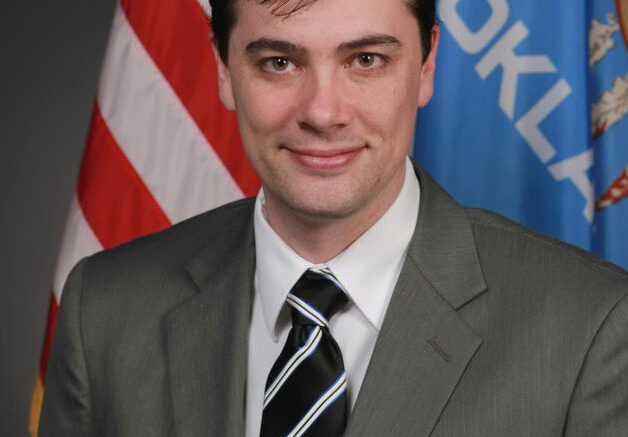As this year’s legislative session drew to a close, legislators commenced a rapid fire process of throwing out various tax increase proposals in an apparent attempt to see what they could get before those impacted by the new taxes could engage. This made an absolute mockery of any semblance of transparency in the legislative process.
Here’s an example: Legislative rules prevent an appropriations measure from being considered in the Appropriations Committee and on the House floor on the same day. This safeguard should ideally provide at least one day’s notice to those who will be impacted by a measure heard by the Appropriations Committee.
However, the rule does not mandate 24 hours of notice; it just requires a measure to be considered on two separate days.
During the last week of the legislative session, as legislators scrambled to raise taxes, this loophole provided them with an opportunity to move tax increases forward with little opportunity for public purview.
This strategy became especially apparent on Monday of the last week of session. On that day, the Appropriations Committee meeting was scheduled to commence its meeting at 1:30 pm.
However, committee members received an email delaying the meeting until 5:00 pm. As 5:00 pm approached, a subsequent email delayed the meeting until 7:00 pm, then again until 9:00 pm and then 10:00 pm.
At 10:00 pm, the agenda for the meeting had not yet been posted as committee members took their seats — except for the Chairman and Vice-Chairman, both of whom remained absent.
Also absent was any indication of the bills that we were expected to vote on. The agenda for the meeting had not been posted: a rather ominous indication that we would be voting on some rather unpleasant proposals.
Ten minutes later, as members of the committee patiently awaited the arrival of the Chairman and Vice-Chairman, the notice came that the meeting had once again been postponed, this time to 10:45 pm.
At 10:44 pm the agenda dropped and for the first time committee members and the public were able to see the agenda, an agenda which ironically still listed the meeting time at 1:30 pm.
The agenda included two tax increase proposals, one of which had been filed ten seconds prior to the commencement of the meeting, and another that would not be filed until 10:50 pm, six minutes after the meeting’s re-scheduled start time.
One of these bills proposed to levy a sales tax on the sale of cars. Most probably know that until this time Oklahoma has not placed a sales tax on vehicles because vehicles are taxed through the excise tax.
With the passage of this new law, vehicles are taxed twice: first by the excise tax, then again with the new sales tax.
Both of the proposed new taxes were clearly unconstitutional because the Oklahoma Constitution prevents the Legislature from approving tax increases in the last week of session.
Imagine the frustration of the member of the public who attempted to attend the meeting at its scheduled time of 1:30 pm. Or the lack of notice to committee members who were not able to even read the bills prior to the vote.
And of course there’s the harm to the public wrought by the late night consideration of unconstitutional tax increases. These tax increases became eligible for final consideration just a few hours later when the House gaveled into session the next morning, at which time the House almost immediately brought up one of the proposals for consideration.
The tax increase language was filed on May 22 at 10:44 pm and it was given final approval by the House on May 23 at 11:38 am.
The public was afforded just 12 hours of overnight purview.
This represents just one more notable step in the ongoing disintegration of transparency in the Oklahoma State Legislature.
Jason Murphey
Jason.Murphey@hd31.org
@JWMurphey




Be the first to comment on "Rep. Murphey: The ongoing disintegration of transparency in the Oklahoma Legislature"